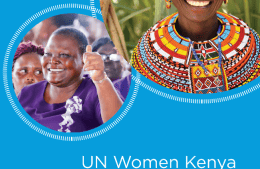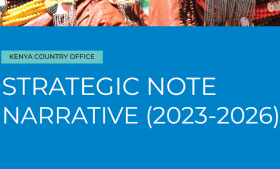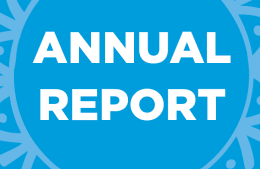Region:Asia Pacific
Current UN Women Plan Period Afghanisthan:2018-2022

Overview
Where the money goes
Financial flows
About our work
9
Outcome and Organizational Results
$12.39 M
Planned Budget
$12.42 M
Actual Budget
0
Shortfall
Disclaimer and notes
Revenue recognition per management accounts reporting (as per Revenue Management Policy). 2022 figures are preliminary, pending final audit.
Resources shown are only allocated towards development work.
Resources shown are only allocated towards development work.
The boundaries and names shown and the designations used on this map do not imply official endorsement or acceptance by the United Nations.
References to Kosovo shall be understood to be in the context of United Nations Security Council resolution 1244 (1999).
References to Kosovo shall be understood to be in the context of United Nations Security Council resolution 1244 (1999).
Form




